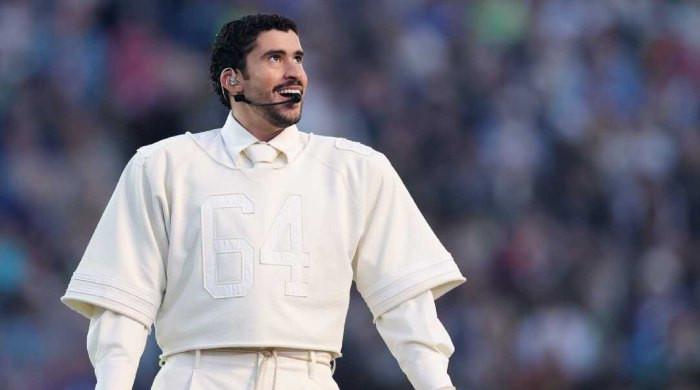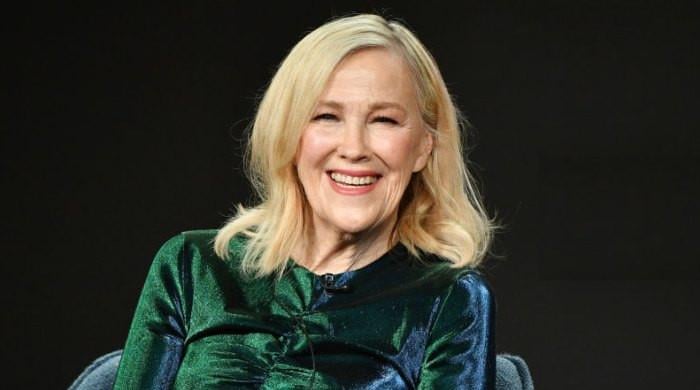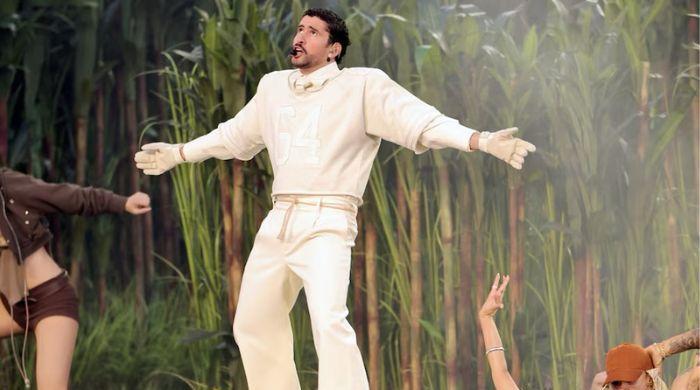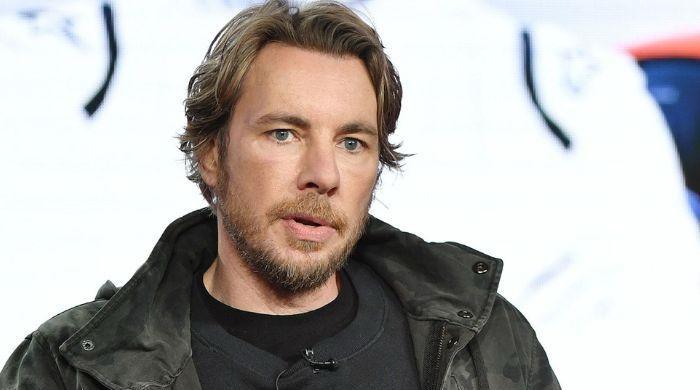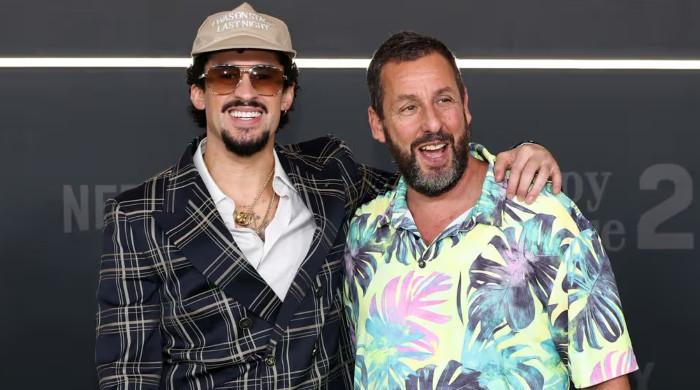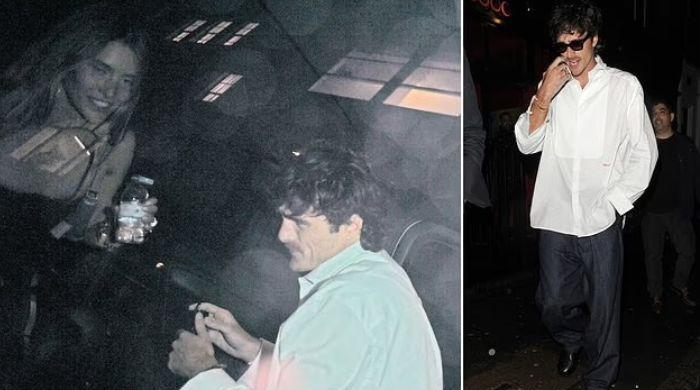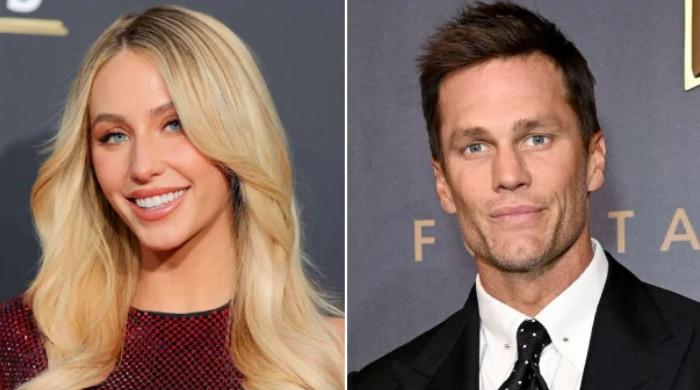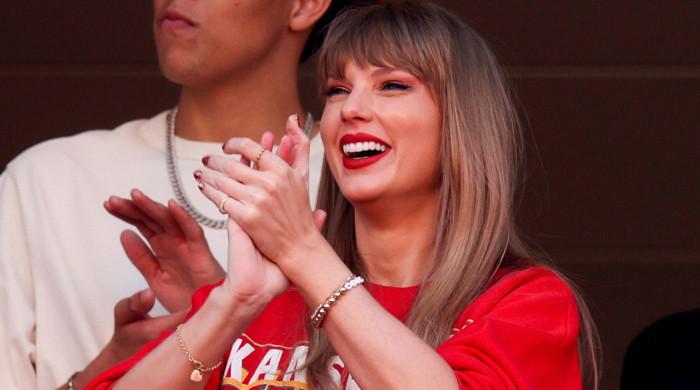Ryan Reynolds opens up on challenging relationship with late dad who had Parkinson's
Ryan Reynolds's father James Chester Reynolds had Parkinson's disease
August 14, 2024
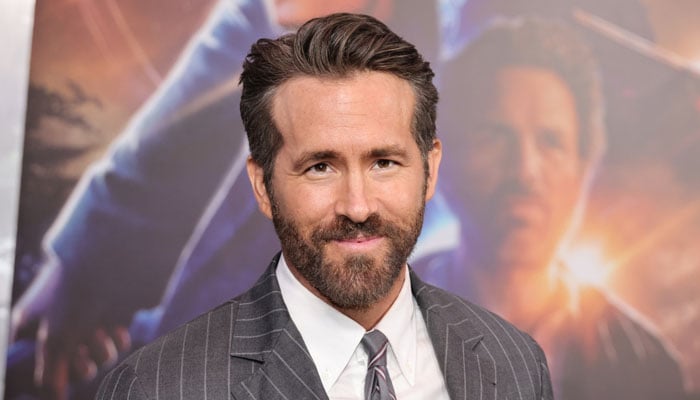
Ryan Reynolds is opening up about his regrets and lessons from his father James Chester Reynolds’ battle with Parkinson’s disease.
James was diagnosed when Ryan was 22, yet the family never really discussed his disease.
“He said the word ‘Parkinson’s’ maybe three times as far as I knew — and one of them wasn’t to me. There was a ton of denial, a ton of hiding,” the Deadpool & Wolverine star told People, whose dad died in 2015 at age 74 after living with the disease for nearly 20 years.
Recalling his dynamic with his father, the 47-year-old actor said: “I have to preface this with the fact that my father was a man who does not share his feelings. He was a boxer, a cop, a hard-ass. I can’t even recall ever really having a proper conversation with my father. He was a present father, never missed a football game.”
The actor revealed that his father’s hallucinations distanced them: “It really destabilized my relationship with him because I didn’t really know what was happening.”
“At the time I just thought, ‘My dad’s losing his mind,’ ” he shared.
He went on to share that following his father’s death in 2015 at the age of 75, he reflected on their relationship.
“I’m constantly putting pieces of the story together. I wasn’t really accepting my own responsibility. It was very easy for me to dine off the idea that my father and I do not see eye to eye on anything and that an actual relationship with him is impossible.”
He shared that the one thing that gave him “closure” was a letter he wrote to his father a few months before his death. The letter “was basically a list of every amazing thing he ever did — every time he showed up or every time he had a catch with me outside after baseball practice. Every time he just was there…”
Ryan Reynolds shares four kids: James, 9, Inez, 7, Betty, 4, and Olin, 1, with his wife, Blake Lively, 36.
The actor said that his relationship with his kids is what heals him now.
“...While taking some of the things from my father that are of immense value. My dad had incredible integrity. He did not lie. [Now] I get to fill in those little gaps that maybe hurt me. I get to show up. When my kid is acting out or telling me I’m the worst — my dad would retreat into the power of silence, and that is not the way to acknowledge your kid. So to be able to get down on their level and just tell them that I believe them and that I’m here for them . . . I’m like, ‘Oh, okay. I just weirdly didn’t mean to, but I fixed something with my own dad.’”




